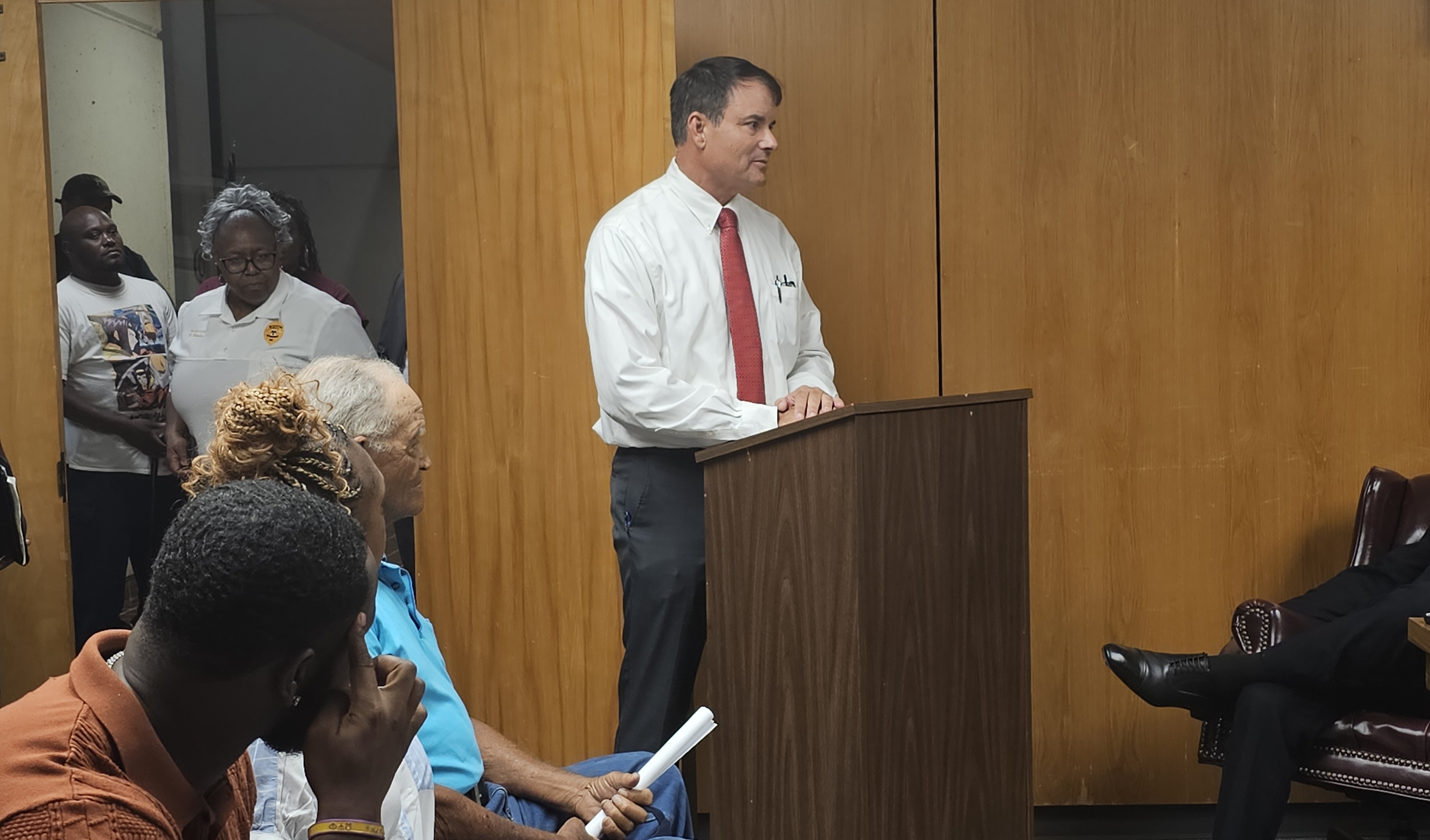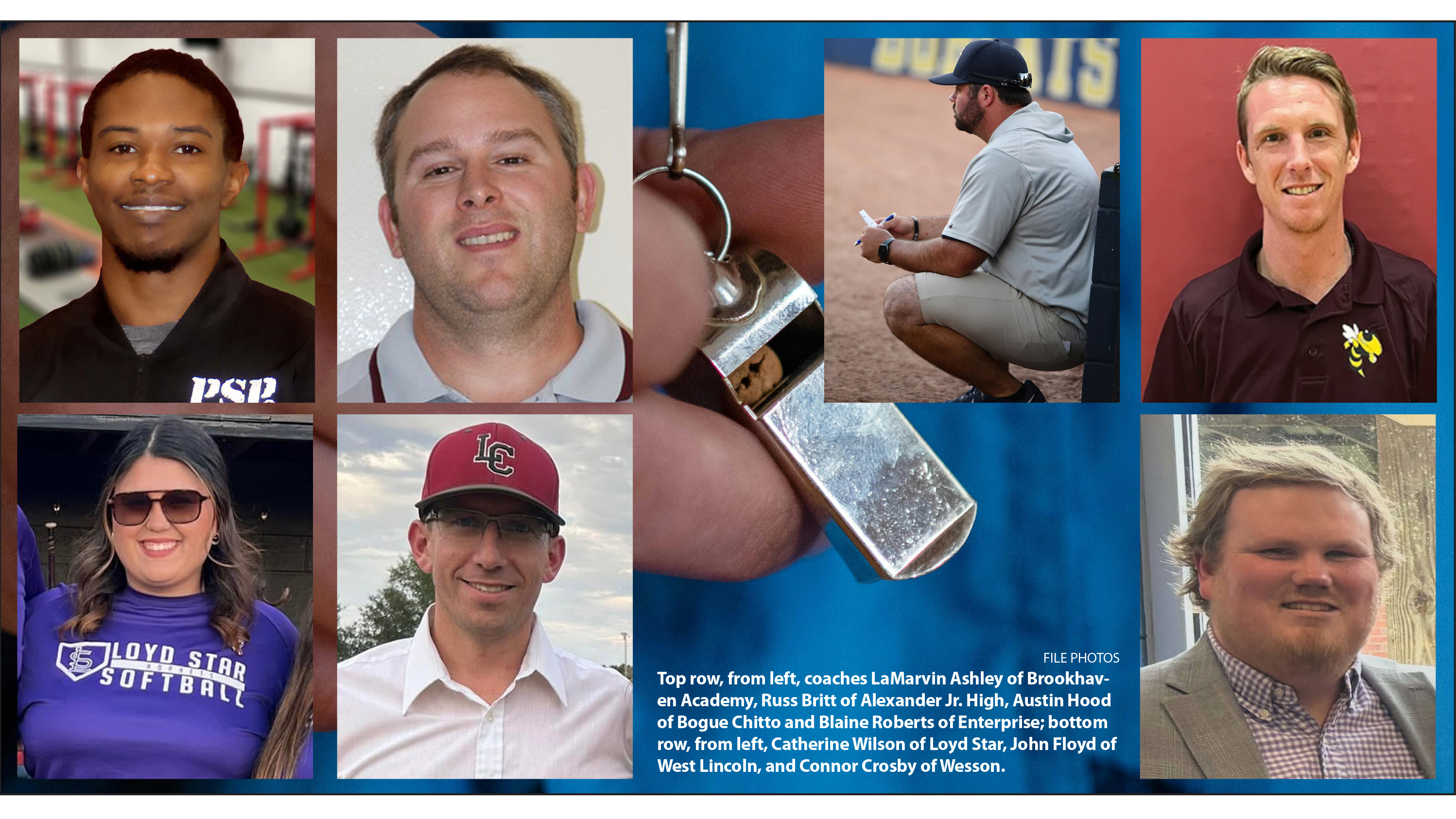I have some axioms to grind
Published 8:07 pm Wednesday, May 23, 2018
An axiom is a statement that is accepted to be true, serving as a premise or starting point for further reasoning and arguments. Like so many words in the English language (others, too, but we’re working in English here), “axiom” means different things in different contexts.
In logic, it’s a starting point for reasoning. In philosophy, it’s a statement so well-established or evident that it is accepted without question or controversy.
In mathematics, it means something different, but so does everything in math.
The only thing that can be ultimately proven in philosophy is that nothing can be ultimately proven. Unless, of course, you believe the opposite. In that case, the only thing ultimately unproven is that nothing is unproven. Yeah, yeah, whatever.
Here are a few axioms for us to consider.
1. What is observed is more likely to be true than something unobserved.
Let’s think about this. My wife sends me to the store to get some Keebler Coconut Dreams cookies (think the Girl Scouts’ Samoas) and tells me they’re on the second aisle, can’t miss them. I go and don’t find them.
They’re not on the second aisle. They’re not on any other aisle, either, as far as I can locate. I can’t even find an empty spot where they should be. I know my wife will question whether I looked well enough and where I looked, so I take photographs with my handy-dandy cell phone. I go home and present my (lack of) evidence, so my wife goes to the store instead, and promptly comes home with said cookies. They were right where she said, she says.
That isn’t so, I defend myself adamantly, even presenting my photographic evidence to the contrary. Not in the photograph of said aisle. But here are the cookies in question.
So, according to the axiom, her cookies are true. Mine are not.
2. What is reported is more likely to be factual than something unreported.
Well, that’s apparently not the case with the cookies. I reported them as unattainable. Sigh. Fake news?
3. If a contradiction arises, the evidence can be questioned or a new theory can be developed based on the evidence at hand.
There definitely was a contradiction at hand. I said there were no dreams of coconut, chocolate and caramel. But Donna had dreamed a dream. The dream had come to life and sat on the corner of the coffee bar in front of us.
I couldn’t question the evidence. I was chewing one of them. So a new theory had to be developed.
She didn’t find said cookies on aisle numero dos. Or aisle two was not between aisle one and three.
That’s my theory.
4. Past evidence can be trusted or developed into new theories.
Past evidence says something very simple, all the above considered — if my wife wants cookies she has to go after them herself.
Lifestyles editor Brett Campbell can be reached at brett.campbell@dailyleader.com or 601-265-5307.





